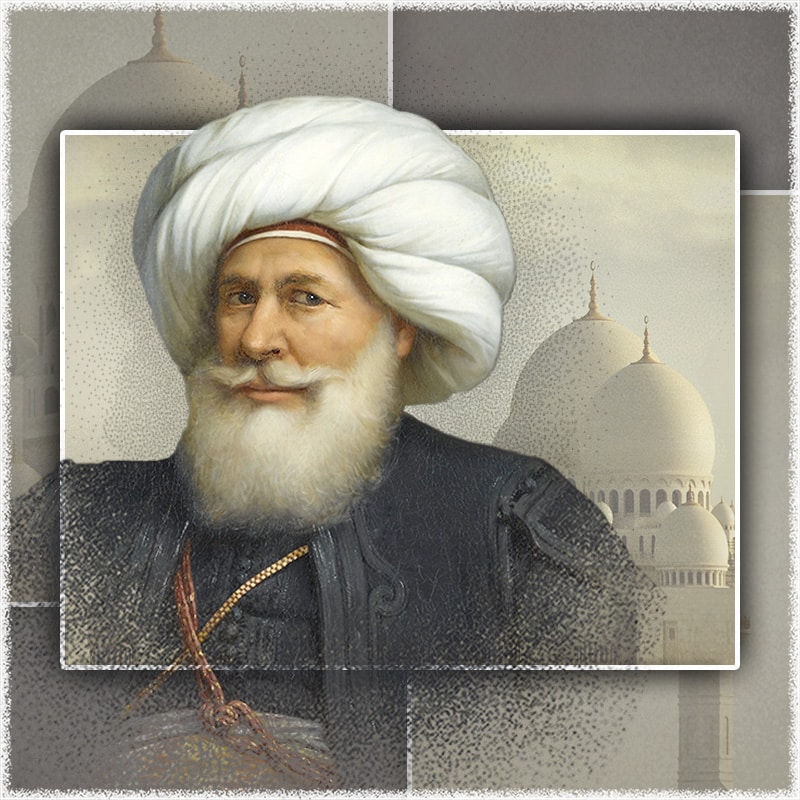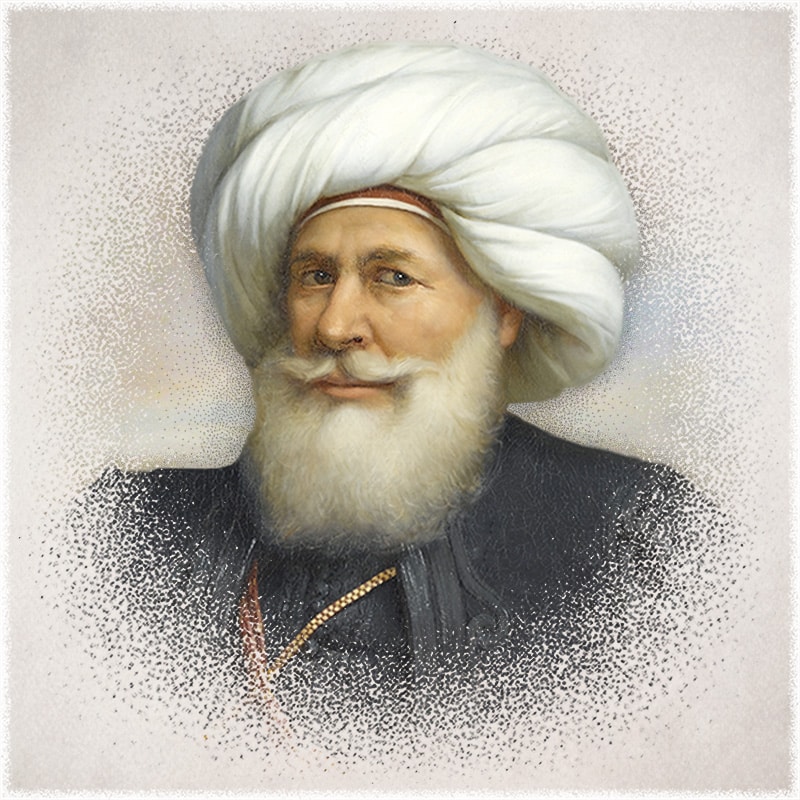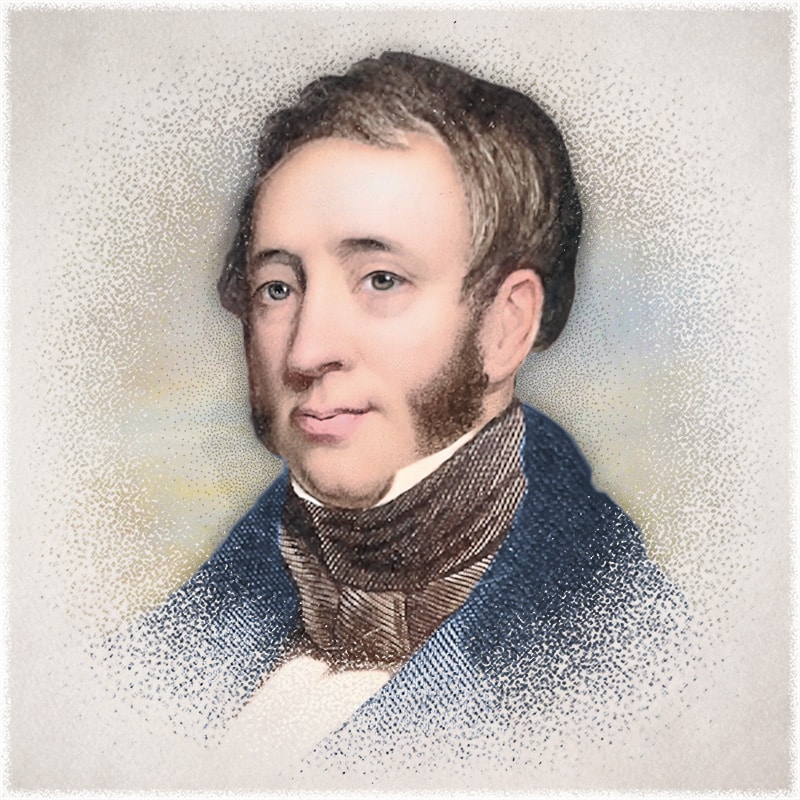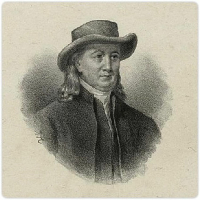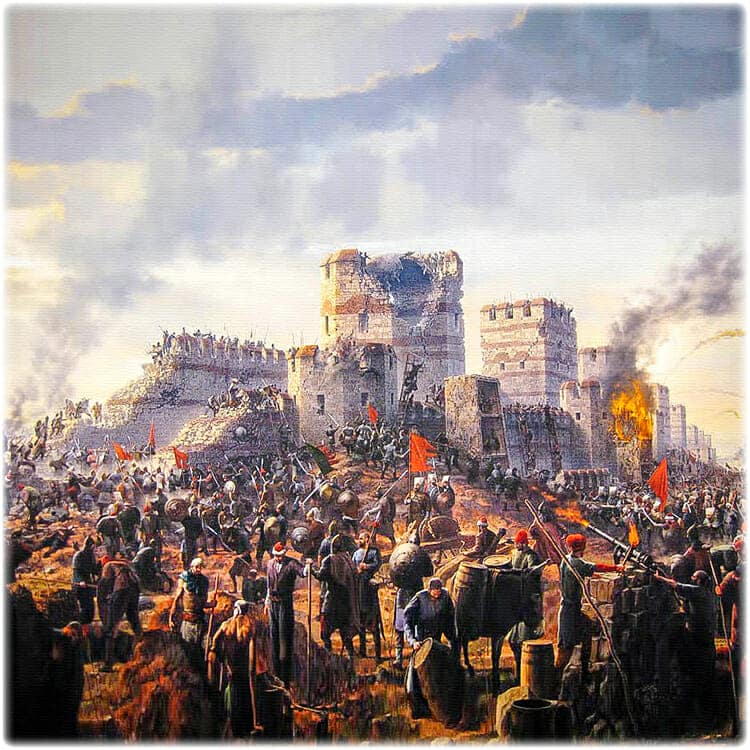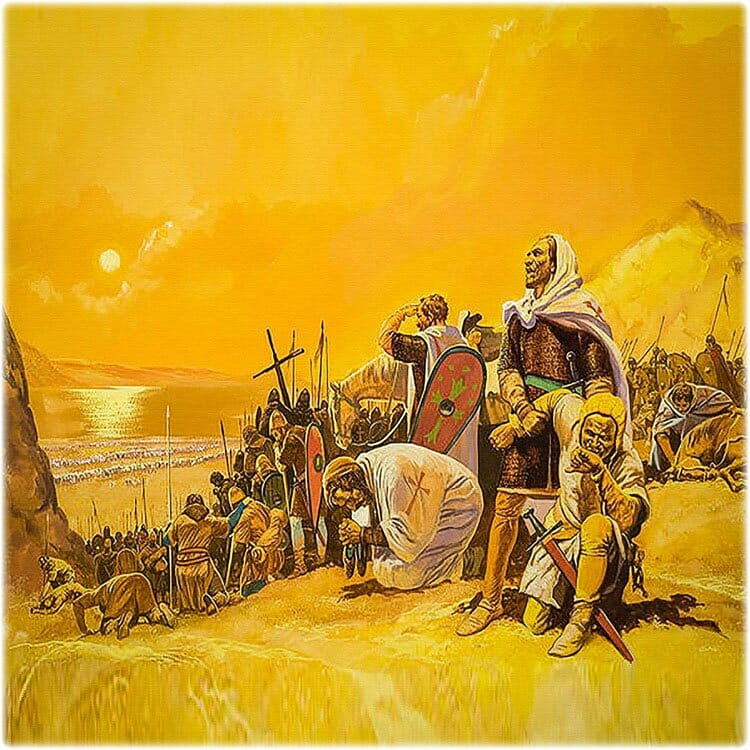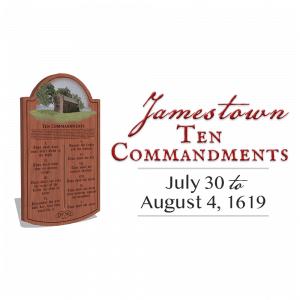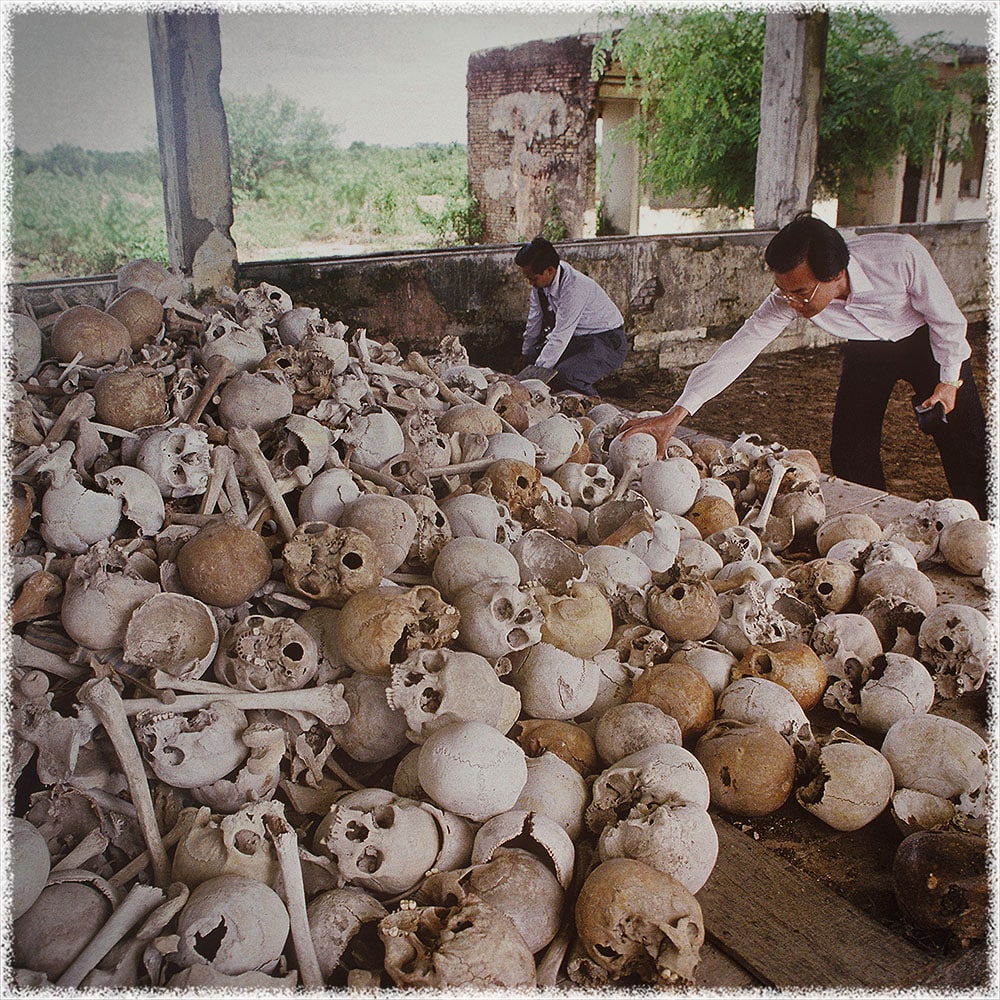Slavery is nearly as old as the human race. The claim that slavery started in the English American colonies is a confession of ignorance concerning the true history of this subject, and among this group is Democratic Senator from Virginia, Tim Kaine. On Tuesday, June 15, 2020, Mr. Kaine stated from the Senate floor of the United States Capitol:Muslims Captured African Slaves
The first African Americans sent into the English colonies came to Point Comfort, Virginia, in 1619. They were slaves. They had been captured against their will. But they landed in colonies that didn't have slavery. There were no laws about slavery in the colonies at that time. The United States didn't inherit slavery from anybody. We created it.[1]Muslims Captured African Slaves
During the First Continental Congress in 1774, America's Founding Fathers took the first "federal" step toward the elimination of slavery.[2] Despite the numerous efforts of Democrats to maintain slavery in America, the slave trade (capture and transportation) in the Christian West had nearly been eliminated by the middle of the nineteenth century. But in the East, Muslims were resolved to continue the practice of slavery their founder Mohammad had observed and endorsed. In his book, Black Rednecks and White Liberals, Dr. Thomas Sowell writes concerning the fact:
Although by 1860 the Atlantic slave trade [of the West] had been effectively stopped, the slave trade from East Africa across the Indian Ocean, the Red Sea, and the Persian Gulf took longer to be reduced significantly.[3]
The nations of the West were primarily Christian while the nations of the East were largely populated by Muslims and adherents of religions common to the Orient. The attitude of both spheres toward slavery was captured by an historian who was writing at the time when the West was seeking to persuade the East to forsake the institution of slavery:
While Central and Eastern Africa were ravaged for slaves to supply the American [or Western] market, Nubia and other districts were equally laid under contribution to supply the slave markets of the Levant, of Egypt, Turkey, and the East. The one may be called the Christian [the West] , the other the Mohammedan slave trade. The main difference between the two trades was that while the Europeans generally bought slaves after they had been captured, the less fastidious [Muslim] Turks captured slaves for themselves.[4]
As noted in the foregoing quote, the West did not primarily capture slaves but relied upon Muslims and African natives who enslaved their own kind. Abolition movements began in earnest in the eighteenth and nineteenth centuries in the Christian West; and only through force was it diminished—not ended—in the Muslim East. While slavery itself embodied unimaginable suffering, the act of capture was also accompanied by its own set of horrors.
Richard Robert Madden was an Irish doctor, historian, slavery abolitionist and author. An active abolitionist, Dr. Madden was employed by the British civil service from 1833 in an attempt to impose British anti-slavery laws throughout the West, though his efforts also extended into the Muslim world of the Turks. Mohammad Ali (also called Mehmed Ali) was the Muslim Ottoman or Turkish governor of Egypt from 1805 to 1848 and founder of the dynasty that ruled Egypt from the early nineteenth century to the middle of the twentieth. At the height of his rule he controlled all of Sudan, Egypt, Hejaz, and the Levant. Attempting to advance Western abolition efforts among Muslims, Dr. Madden traveled to meet Mohammad Ali where he spent some time attempting to suppress the Egyptian and Turkish slave trade. During his time in Egypt, Dr. Madden personally witnessed the methods employed by Muslims in the capture of African slaves. He vividly recounted his eye-witness experience and published it in 1841 in his book, Egypt and Mohammed Ali: Illustrative of the Condition of His Slaves and Subjects.[5] His account of this inhumane practice is presented below.
The subject addressed in this article is discussed at greater length in Slavery and the Founding of America. Christian Heritage Fellowship would be honored to work with individuals, businesses, churches, institutions, or organizations to help communicate the truth concerning the positive influence of the Christian faith by providing bulk pricing: Please contact us here... To purchase a limited quantity of this publication, please click: Purchase here...
An Account of Muslim Enslavement of Africans
Dr. Richard Madden
Egypt and Mohammed Ali

The capturing expedition consists of 1000 to 2000 regular foot soldiers; 400 to 800 Mograbini (Bedouin on horseback) armed with guns and pistols; 300 to 500 of the militia on dromedaries with shields and spears; and 1000 or more on foot with bucklers and small lances. Of the latter, every irregular foot soldier has from four to six in a small leather bas which is tied to a cord and carried on his back. The riders on the dromedaries present a peculiarly imposing spectacle; they are naked with the exception of a small piece of cotton which is wrapped round their loins and manifest an agility which appears almost incredible. They also exercise a certain time before they proceed on their expedition. The cries which they utter when attacking (which they always do in bodies and at the full speed of the dromedaries); the whizzing of the lances in the air; their long floating hair which reaches to their necks; this, together with the large shields which cover nearly the whole of their bodies, gives the riders a frightful appearance and is enough to intimidate the most stout-hearted person. I was frequently present at their exercises and I can assure the reader that it was not possible for me, till after some time, to bear the sight without a secret feeling of horror even though I lived among them and had not to fear the least harm; but these people are, at such moments, almost frantic and it is difficult to recognize even the person with whom you are best acquainted, as they disfigure their countenances so much by distortions.
As soon as everything is ready the march begins. They usually take from two to four field pieces and only sufficient bread for the first eight days. Oxen, sheep, and other cattle are generally taken by force before at Cordofan, although the tax upon cattle may have been paid. When they meet with a flock, either feeding or at the watering places, they steal the cattle and do not care whether it belongs to one or more persons; they make no reparation for necessary things, whoever may be the sufferer, and no objection or complaint is listened to as the governor himself is present.
As soon as they arrive at the first mountains in Nubia, the inhabitants are asked to give the appointed number of slaves as their customary tribute. This is usually done with readiness; for these people live so near Cordofan and are well aware that by an obstinate refusal they expose themselves to far greater sufferings. If the slaves are given without resistance, the inhabitants of that mountain are preserved from the horrors of an open attack; but as the food of the soldiers begins to fail about that time, the poor are obliged to procure the necessary provision as well as the specified number of slaves, and the Turks do not consider whether the harvest has been good or bad. All that is not freely given the soldiers take by force. Like so many blood hounds they know how to discover the hidden stores and frequently leave these unfortunate people scarcely a loaf for the next day.
They then proceed on to the more distant mountains; here they consider themselves to be in the land of an enemy; they encamp near the mountain which they intend to take by storm the following day, or immediately if it is practicable. But before the attack commences, they endeavor to settle the affair amicably; a messenger is sent to the Sheik in order to invite him to come to the camp and to bring with him the requisite number of slaves. If the chief agrees with his subjects to the proposal, in order to prevent all further bloodshed, or if he finds his means inadequate to attempt resistance, he readily gives the appointed number of slaves. The Sheik then proceeds to procure the number he has promised, and this is not difficult, for many volunteers offer themselves for their brethren and are ready to subject themselves to all the horrors of slavery in order to free those they love.
Here the most heart-rending scenes may be witnessed: for who is willing to separate himself from his home, from his parents, brothers and sisters, and relations? —who likes to forsake the cottage that has sheltered him from his infancy and where he has spent so many happy hours in the society of those by whom he is beloved? —who likes to go forth to meet a horrible futurity, which promises nothing but misery, cruelty, and what is perhaps most desirable, death? —and yet they feel the necessity that one of them should suffer in order to exempt the rest; the father may frequently be seen disputing with his son, the brother with his brother, as to which of them is to deliver himself freely into slavery, for everyone wishes to save his affectionate and endeared relative.
The anticipation of falling into the hands of the unfeeling Turks where nothing but misery and torments await them, to which they must submit; the prospect of being obliged to forsake all that is dear to them, and that forever, overpowers them. They bedew the cheeks of those they love with their tears while they press the last kiss and take the last farewell; they then deliver themselves into the hands of their unfeeling, hardened tormentors. Sometimes they are obliged to be torn by force from the embraces of their friends and relations. The Sheik generally receives a dress as a present for his ready services.
But there are very few mountains that submit to such a demand. Most villages which are advantageously situated and lie near steep precipices or inaccessible heights that can be ascended only with difficulty, defend themselves most valiantly and fight for the rights of liberty with a courage, perseverance, and sacrifice of which history furnishes us with few examples. Very few flee at the approach of their enemies (although they might take refuge in the high mountains with all their goods) especially as they receive timely information of the arrival of their enemies; but they consider such flights cowardly and shameful and prefer to die fighting for their liberty.
If the Sheik does not yield to the demand, an attack is made upon the village. The cavalry and bearers of lances surround the whole mountain and the infantry endeavor to climb the heights. Formerly they fired with cannon upon the villages and those places where the negroes were assembled, but on account of the want of skill of the artillerymen, few shots, if any, took effect: the negroes became indifferent to this prelude and were only stimulated to a more obstinate resistance. The thundering of the cannon at first caused more consternation than their effects, but the fears of the negroes ceased as soon as they became accustomed to it. Before the attack commences all avenues to the village are blocked up with large stones or other impediments; the village is provided with water for several days; the cattle and other property taken up to the mountain; in short, nothing necessary for a proper defense is neglected. The men, armed only with lances, occupy every spot which may be defended, and even the women do not remain inactive; they either take part in the battle personally, or encourage their husbands by their cries and lamentations and provide them with arms; in short all are active except the sick and aged.
The points of their wooden lances are first dipped into a poison which is standing by them in an earthen vessel and which is prepared from the juice of a certain plant. The poison is of a whitish color and looks like milk which has been standing; the nature of the plant, and the manner in which the poison is prepared, is still a secret and generally known only to one family in the village who will not, on any account, make it known to others.
As soon as the signal is given for the attack, the infantry sounds the alarm and an assault is made upon the mountain. Thousands of lances, large stones, and pieces of wood are then thrown at the assailants; behind every large stone a negro is concealed, who either throws his poisoned lance at the enemy, or waits for the moment when his opponent approaches the spot of his concealment when he pierces him with his lance. The soldiers, who are only able to climb up the steep heights with great difficulty, are obliged to hang their guns over their backs in order to have the use of their hands when climbing and consequently, are often in the power of the negroes before they are able to discover them. But nothing deters these robbers. Animated with avarice and revenge, they mind no impediment, not even death itself. One after another treads upon the corpse of his comrade and thinks only of robbery and murder; and the village is at last taken in spite of the most desperate resistance. And then the revenge is horrible. Neither the aged nor sick people are spared; women, and even children in their mother’s womb fall a sacrifice to their fury; the huts are plundered; the little possession of the unfortunate inhabitants carried away or destroyed; and all that fall alive into the hands of the robbers are led as slaves into the camp.
When the negroes see that their resistance is no longer of any avail, they frequently prefer death to slavery; and if they are not prevented you may see the father rip up first the stomach of his wife, then of his children, and then of his own that they may not fall alive into the hands of the enemy. Others endeavor to save themselves by creeping into holes and remain there for several days without nourishment; there is frequently only room sufficient to allow them to lie on their backs and in that situation, they sometimes remain for eight days.
They have assured me that if they can overcome the first three days they may, with a little effort, continue full eight days without food. But even from these hiding places the unfeeling barbarians know how to draw them, or they make use of means to destroy them; provided with combustibles such as pitch, brimstone, &c., the soldiers try to kindle a fire before the entrance of the holes; and by forcing the stinking smoke up the holes, the poor creatures are forced to creep out and to surrender themselves to their enemies, or they are suffocated with the smoke.
After the Turks have done all in their power to capture the living, they lead these unfortunate people into the camp; they then plunder the huts and the cattle; and several hundred soldiers are engaged in searching the mountain in every direction in order to steal the hidden harvest that the rest of the negroes (who were fortunate enough to escape and have hidden themselves in inaccessible caves) should not find anything on their return to nourish and continue their life.
The experience of many years, however, has made the troops that are used on these expeditions more prudent; formerly at least one-third (and sometimes one-half) of their number perished; at present they generally confine themselves to a mere blockade and only take by storm in case of necessity. As we have mentioned before only a few of these mountains are provided with water and since every avenue is intersected, the poor negroes are forced to surrender; yet before this takes place they have to endure the most agonizing sufferings. As these people provide themselves with water only for two or four days (partly because they have not a sufficient number of vessels to contain it, and partly because they think they shall not be attacked any longer) it frequently happens that on the third day after the blockade a scarcity of water is felt.
No situation can be more dreadful than that of those unfortunate people. On the one hand the fear of falling into the power of the Turks, and the prospect of death on the other, drive these poor creatures to despair. Their distress is immediately perceived in the camp; the cries of the children and the bleating of the cattle announce the sad condition of the village. The cattle run restlessly to and fro; and on the second or third day they become unmanageable and must be killed.
The people in despair wrestle with death and seek a way of deliverance but in vain; the cruel hunters surround their game with too great a vigilance to allow any to escape alive. While many of these unfortunate beings prefer death by their own hands to slavery, and while many hide themselves in caves in order to escape this great misery, others hold assemblies and consult about the surrender of themselves and families; but this does not soften the hard hearts of their murderers indifferent about such sufferings; they wait with impatience for the moment when they will be able to seize their victims.
This, however, is not the case with all the mountains; some of them have wells and on that account cannot be taken in such a manner; force must be employed here, and it sometimes occurs that the enemy is repulsed with great loss, especially where the villages are well peopled and are favorably situated. Sometimes the Turks will not even venture to make an attack for fear they shall sustain too great a loss, as was the case with the mountain Daya, two days’ journey from Lobeid, which was attacked three times but not taken and where the greatest loss was sustained. But even in such cases they endeavor with satanic craftiness to bring destruction upon the unfortunate inhabitants.
When Kurshid Pacha, governor of Bellet Sudan, made an attack upon a mountain in the country of the Shelukians and was repeatedly repulsed with great loss; and when he felt at last convinced that every attack was unavailable and his own loss too considerable, he devised the following plan which would have proved abortive with others, but with this unsuspicious people it succeeded. He encamped at the foot of the mountain without blockading and remained there for several days; then he sent one of his soldiers into the village with the request to take to his people who were suffering in the camp from want of provisions, 400 dishes of food; and at the same time, assured them that they had nothing to fear from him for that he would not attack them anymore and would retire immediately after receiving the food.
The good-natured negroes (who suspected no evil, forgot all hatred towards their enemies, and considered only their present distressing situation) were immediately ready to yield to the request and to give the desired food. The dishes were accordingly prepared and 400 adults took the requested number of dishes into the camp to their enemies. But now they were terribly undeceived; for as soon as they had placed the dishes on the ground, they were surrounded on all sides at a signal given by Kurshid Pacha, and without firing one gun or being able to think of resistance, they were all made prisoners.
In those mountains whereby cutting off all means of procuring the necessary provisions (especially water) the people are forced to surrender, and this surrender does actually take place after a consultation has been held; these poor miserable creatures find no alternative; they have to go to the camp. But how dreadful is their condition! Deprived of all strength (partly from the fatigue of the battle but still more so on account of the scarcity of water) they are hardly able to keep themselves upright and must, in the strictest sense of the word, be dragged down from the mountain; true, indeed, they receive some refreshment but they are allowed a very short rest; some are so much exhausted that they cannot be dragged down, and then the Turks have pity enough to send up the necessary water. At first a little water must be poured over their heads and they must drink but little at a time, otherwise they would die by drinking so quickly.
But their greatest sufferings are yet to come and frequently, if these poor creatures knew the dreadful lot that awaited them, they would all prefer death to life. They have to suffer all kinds of cruelty from their tormentors; knocks with the butt ends of the guns, thrusts with bayonets, and stripes with whips is the usual treatment of those miserable creatures who, by reason of physical, mental, or moral sufferings, are not able to stand erect. The soldiers feel no compassion in such transportations, for as no personal interest induces them to preserve the unfortunate negroes, the only consideration with them is to prevent every possible escape.
The Gelabs treat their slaves with more kindness but it is only because they calculate upon more advantage; for as every one of the negroes is considered to be a capital, they do all they can to preserve his person by a better and more humane treatment in order not to suffer loss; but the Turks, who have no such considerations, treat their prisoners worse than animals.
As soon as they have obtained about 500 or 600 slaves, they are sent to Lobeid with an escort of country people and about fifty soldiers under the command of an officer. In order to prevent escape, a sheba is hung round the necks of the adults. Such a sheba is a young tree about eight feet long and two inches thick and which has a fork at the top; it is so tied to the neck of the poor creature that the trunk of the tree hangs down in the front, and the fork closed behind the neck with a cross piece of timber, or tied together with stripes cut out of a fresh skin; and in this situation the slave, in order to be able to walk at all, is obliged to take the tree into his hands and to carry it before him; but none can endure this very long and to render it easier, the one in advance takes the tree of the man behind him on his shoulder. It is impossible for them to get their head free and it frequently occurs that they have their necks wounded, which is followed by an inflammation and sometimes even by death.
Boys between ten and fifteen years of age who cannot bear such a sheba are tied together, two and two, with wooden clasps on their hands; this is done by placing the wood on the right arm of one and on the left of another above the wrist, and then lacing it tightly; the pieces of wood are scooped out at one end that the hand may fit in but the openings are generally too narrow, by which the hands are wounded and dangerous ulcers created; but even if the hand should decay and fall off no notice is taken of it, and the clasps are not removed before their arrival at Lobeid.
Other boys are tied together by two and two with leather strings. It is therefore easy for the reader to imagine with what difficulty these poor creatures walk, and what sufferings they have to endure on their march; besides which they have very miserable food. If their strength should fail them and become too feeble to continue walking, they experience still greater cruelty. Boys under the above-mentioned ages, as well as girls, women, and aged persons are allowed to walk at liberty. Many a mother carries her sucking babe of a few days old in her arms; others have to carry on their backs, or in their arms, two or three of their children, as they are too young and feeble to walk by themselves. Old people, tottering with their staves, the sick and wounded walk surrounded by their daughters, wives or relations, and are assisted and even carried occasionally by them; if one of these unfortunate persons remains behind the line but one step, he is immediately forced to proceed by blows from the butt ends of the guns, or by stripes of the whip, and if they even then should not be able to move on, from ten to twelve of them are tied with their hands to a cord, one end of which is fastened to the pommel of a camel, and the dying thus dragged along; no pity is shown to those who sink down; they are not released but dragged along with the rest, even if one should die before they arrive at the appointed halting place. Before the caravan halts no refreshment, either of food or drink, is given to the debilitated negroes; the unfeeling Turks have no compassion, even if a drop of water should be sufficient to refresh the feeble it is not given to him, but he is left to perish.
When the caravan reaches the place which had been fixed for rest or an encampment, those who had been dragged are now loosened, the dead and the dying thrown aside into the sand, and the latter left to their fate. No entreaties or sighs move the hearts of their tormentors; the wives and children are not even allowed to take leave of their dying husbands or fathers, or to press a farewell kiss on their dying lips; no one is allowed to approach these unfortunate persons; they are abandoned and it is known that frequently, when the caravan proceeds, these forsaken creatures are torn by wild beasts. No pieces of bread or drops of water are left behind; those who are left must starve with hunger and languish in misery, being conscious of their state and looking forward to such a horrible death.
After from six to fourteen days, the mournful cavalcade reaches Lobeid; and it is no wonder that by such inhuman treatment more than the eighth part of their prisoners perish on the way, no notice however is taken of it as they are the property of government and the interests of private individuals are not regarded.
As soon as all the slaves have arrived at Lobeid, the distribution takes place. The most suitable of them are made soldiers, and those who are considered to be under the value of 200 to 250 piastres are given to the soldiers at Cordofan and Sennaar instead of the arrear pay. The soldiers then sell them again to slave-traders in order to get ready money or goods. The wearied slave frequently dies before he is sold or has not the value of the taxed sum on account of his great age or other frailties; and thus, the soldiers frequently lose the whole of their pay.
It often occurs that the father receives for his pay, his son, or the son his father, or one of his brothers or sisters, and is obliged to sell him in order to be able to give to his comrade with whom he must divide (as one slave is to pay two soldiers) one-half of the money. Officers as well as common soldiers are paid in the same way. The Gelabi do not generally pay so much for the slaves as government has taxed them. All that remain are sold to the best bidder in the market. And thus, thousands of peaceable negroes—human beings like ourselves—are destroyed in order to produce a small sum of money by which the revenue of Egypt may be increased which, on the other hand, is lavished ten times by the unfaithfulness or ignorance of the officers of the state.
If Mohammed Ali were to make use of the forests of gum trees, he would secure greater gain than from such slave captures and would not lose the fame which he has obtained by the progressive civilization of his states.
In making up the number of the first regiment of infantry stationed at Cordofan and Sennaar of negroes of the southern countries, no one can blame him, because neither Egyptians nor Syrians can stand the climate. This completion, however, might be executed in a very simple manner without having recourse to such horrible means if the Viceroy were to demand from five to ten recruits annually from every mountain and treat them as the other military. Although at first, some of the Sheiks might hesitate to obey, yet as soon as they felt convinced that their existence would thereby be more secured and that nothing worse awaited them, there is no doubt but that government would receive the required recruits regularly without losing the esteem of all humane persons by the procedure that has till now been carried on.[6]
America deserves to know its true heritage.
Please contribute today!
Related Articles
Article Notes and Sources
[1] Anthony Leonardi "Sen. Tim Kaine Claimed That the United States Created the Institution of Slavery," Washington Examiner, January 18, 2023; https://www.washingtonexaminer.com/news/tim-kaine-the-united-states-created-slavery.
[2] On Thursday, October 20, 1774, a list of resolves was approved by Congress: "To obtain redress of these grievances, which threaten destruction to the lives, liberty, and property of his majesty's subjects, in North America, we are of opinion, that a non-importation, non-consumption, and non-exportation agreement, faithfully adhered to, will prove the most speedy, effectual, and peaceable measure: and, therefore, we do, for ourselves, and the inhabitants of the several colonies, whom we represent, firmly agree and associate, under the sacred ties of virtue, honor and love of our country, as follows…We will neither import nor purchase, any slave imported after the first day of December next." Journals of the Continental Congress, 1774-1789, 34 vols. (Washington, D.C.: Government Printing Office, 1904-1937), 1:76-77.
[3] Thomas Sowell, Black Rednecks and White Liberals (New York: Encounter Books, 2006), 124.
[4] W. O. Blake, The History of Slavery and the Slave Trade, Ancient and Modern (Columbus, OH: H. Miller, 1860), 102-103.
[5] Richard Robert Madden, Egypt and Mohammed Ali: Illustrative of the Condition of His Slaves and Subjects (London: Hamilton, Adams & Co., 1841).
[6] Madden, Egypt and Mohammed Ali, 180-198.

